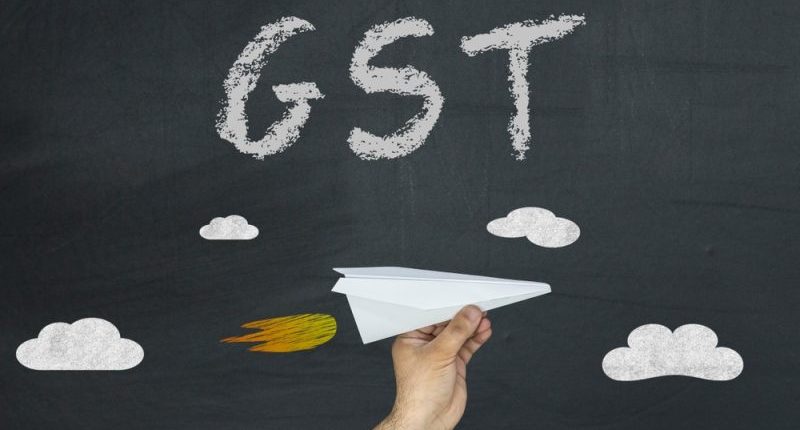The CBIC has notified that from 1st September 2020, interest for delayed GST payment shall be calculated on the net tax liability. Henceforth, the base value for interest computation shall be the amount debited from the electronic cash ledger.
The CGST notification no. 63/2020 was issued on 25th August 2020. It gave effect to the amendment made to Section 50 of the CGST Act through the Finance Act, 2019. The move was a much-awaited one as it has been more than a year since the parliament passed the Finance Bill. Meantime, several litigations have been initiated challenging the levy of interest on gross tax liability across the country.
Section 100 of the Finance Act, 2019 inserted a new proviso to Section 50 of the CGST Act. The proviso states that where any tax is payable on supplies for a period and is reported in a return which is filed after the due date, interest will be levied in a particular manner. It shall be charged on that portion of the tax paid by debiting the electronic cash ledger. However, there is an exception when this will not hold good. In case the return has been furnished after the proceedings have been initiated under Sections 73 or 74 (demand notice) for the relevant period, interest shall be imposed on the gross tax liability.
Before this notification, the taxpayers had to calculate interest on the total tax liability without adjusting the input tax credit available in their ledger for utilisation. This way, it led to more cash outflow for the taxpayers.
Presently, the interest is not auto-computed on the GST portal and must be manually declared by the taxpayer. Some of the taxpayers had paid interest on the net tax liability instead of gross. Accordingly, the authorities issued notices last year based on the directions of the CBIC’s Chairman. The interest short paid amounted to the tune of Rs. 45,996 crore, claimed the authorities. As a response to the notice, many taxpayers took legal help on the matter.
Also Read: CBIC Makes Virtual Hearings Also Compulsory for GST Appeal Cases
Madras HC had in the M/s Refex Industries Limited case held that interest could be imposed on the overdue cash component of GST liability and not on the input tax credit. Further, the Gujarat HC had also taken a similar stand in the case of M/s Amar Cars Private Limited. Whereas, the Telangana HC took a slightly different stand in the case of M/s Megha Engineering & Infrastructures Limited. It stated that until a GSTR-3B is filed by self-assessment, the taxpayer is not entitled to such input tax credit in the electronic credit ledger. Accordingly, the interest must be paid on gross tax liability.
Many taxpayers and tax consultants are not delighted with the notification. In the 39th GST Council meeting held in March 2020, the Hon’ble Union FM Nirmala Sitharaman stated that this amendment should be made retrospectively. In other words, the interest on a net liability basis would be effective from 1st July 2017. However, with the notification in hand, the change applies prospectively. Many taxpayers have lashed out on the inconsistency between the address made and notification issued. In case this was made a retrospective change, all those notices already issued by the authorities, claiming the interest short paid, would have receded.
In a press release issued later today, the government has stated that no recoveries shall be made from the taxpayers who have already been served any notice solely on this matter. In other words, the notices shall be recalled or stand dropped. The CBIC must issue a circular to its officials. The directive must lay down the detailed procedure to be followed at every stage of a proceeding along with the legal implications on the taxpayers.
In response to the press release, several tax experts pointed out that a press release may legally not stand valid vis-a-vis the GST law. Hence, a GST circular should be notified for this at the earliest. Also, the circular must clarify those taxpayers who are not sure of being refunded for the excess interest paid on a gross basis.
For any clarifications/feedback on the topic, please contact the writer at annapoorna.m@cleartax.in
Annapoorna, popularly known as Anna, is an aspiring Chartered Accountant with a flair for GST. She spends most of her day Singing hymns to the tune of jee-es-tee! Well, not most of her day, just now and then.





